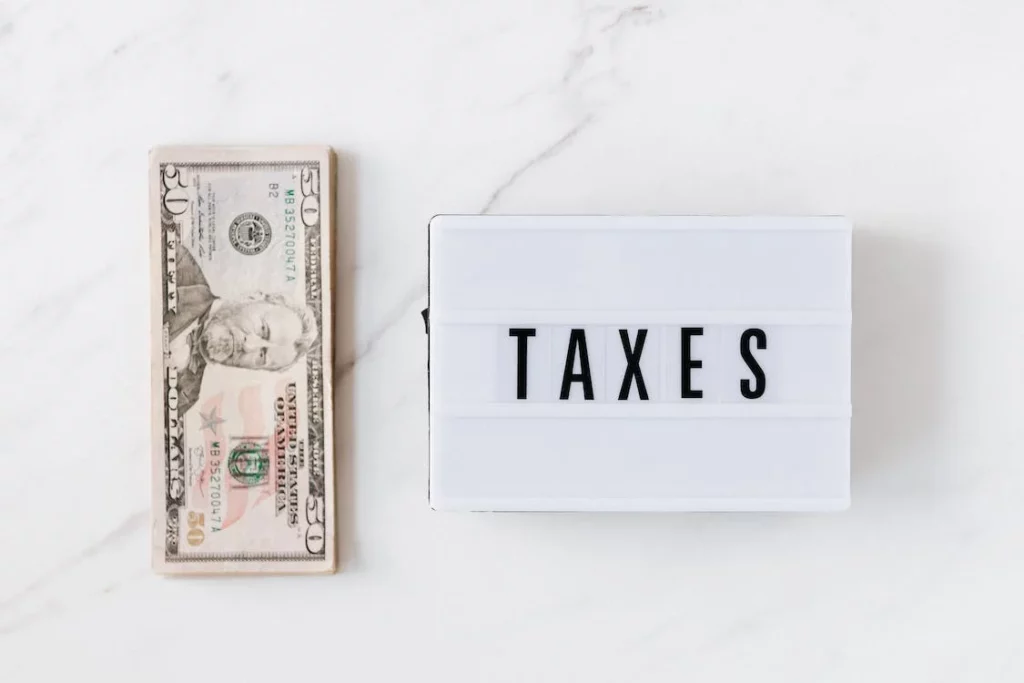Introduction As Bitcoin continues to gain popularity, it’s crucial fo......
Tag Archives: All
Introduction With the rise of crypto programs like staking, yield farming, ......
Introduction Staking has quickly become a cornerstone of the cryptocurrency......
Introduction As yield farming continues to gain popularity among cryptocurr......
Introduction: Cryptocurrency mining can be a lucrative endeavor, but it als......
Introduction: With the rise of cryptocurrencies, more Canadians are earning......
Introduction: With the growing popularity of staking as a means of earning ......
Introduction: As Bitcoin and other cryptocurrencies become more widely used......
Introduction: NFT airdrops and rewards are becoming increasingly common as ......
Cryptocurrency has transformed the financial landscape, offering new opport......









